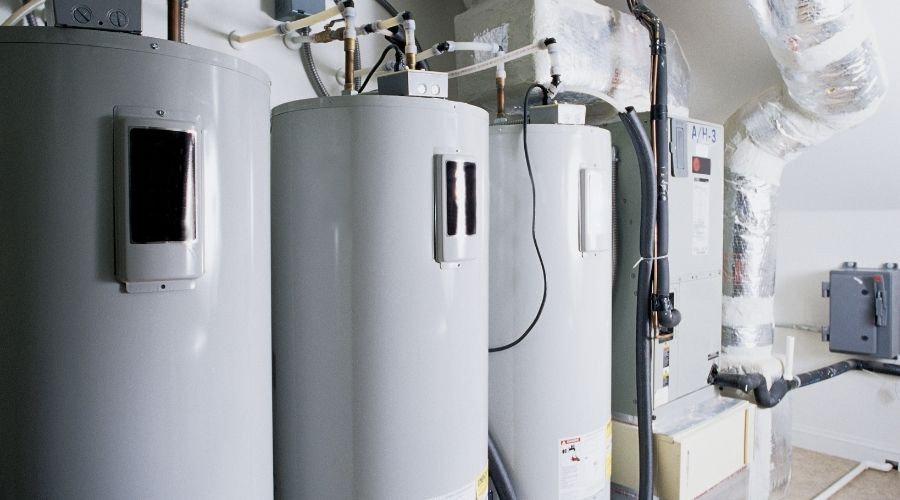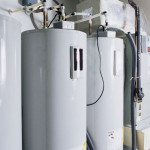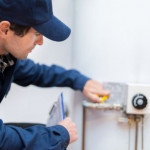The Important Things You May Not Know About Boilers
It’s hard to have a romantic Valentine’s Day dinner at home if the boiler isn’t working. Many homeowners in Pennsylvania rely on boilers to heat their homes. And since February is generally still cold in this part of the world, it’s a good idea for homeowners to get to know their boiler this Valentine’s Day. Boiler basics are easy to learn, but the following article details three things that many homeowners may not know about their home boiler.
Not All Boilers Boil Water
This may seem strange, but the most common type of boiler doesn’t boil water. And if it does, there’s something seriously wrong with it. Most home boilers are known as hydronic boilers. In essence, these systems have a heat exchanger placed over the flame — which is usually fed by natural gas or propane. As the flames heat the heat exchanger, water runs through the exchanger. This water is heated quickly and is then transported to the rest of the house, where the magic of radiant heating provides the home with warmth. This means that, when all is going well, the water is never in the heat exchanger long enough to boil.
That said, there is something called “kettling.” This happens when minerals from hard water build-up in the heat exchanger, partially or fully blocking water flow. Then, the water gets caught inside the exchanger and boils. This is dangerous because it puts too much pressure on the heat exchanger. Homeowners who hear a loud boiling sound from their hydronic boiler should turn off the heat and call a professional plumber immediately.
 Boilers Are Great at Recycling Water
Boilers Are Great at Recycling Water
New boilers are condensing boilers, and they’re designed for recycling heat and water. This means that instead of dissipating excess heat, new eco-friendly boilers use that heat to keep the returning water warm, which reduces the energy and cost needed to keep reheating the water. So replacing an old boiler with a new model will likely save homeowners money within a few years.
Poor Water Pressure Means Poor Boiler Efficiency
While neither high nor low water pressure is dangerous for the boiler, it can affect efficiency. Low water pressure can prevent the boiler from working as it should, causing it to spend more time and energy attempting to heat the home with low pressure, which is a losing battle. If the water pressure is low enough, it will trip a failsafe and shut the boiler down completely. High water pressure may also cause the system to shut down, as boilers have a pressure relief valve as a form of protection.
Homeowners who are unsure if they have the proper water pressure to their boiler should call a professional plumber and have them do a health check on the boiler!
About City Plumbing
City Plumbing has proudly served Philadelphia, PA for nearly two decades. They provide excellent workmanship and superb customer service. They also offer flat-rate pricing and always guarantee satisfaction. Call them today for heating services.























